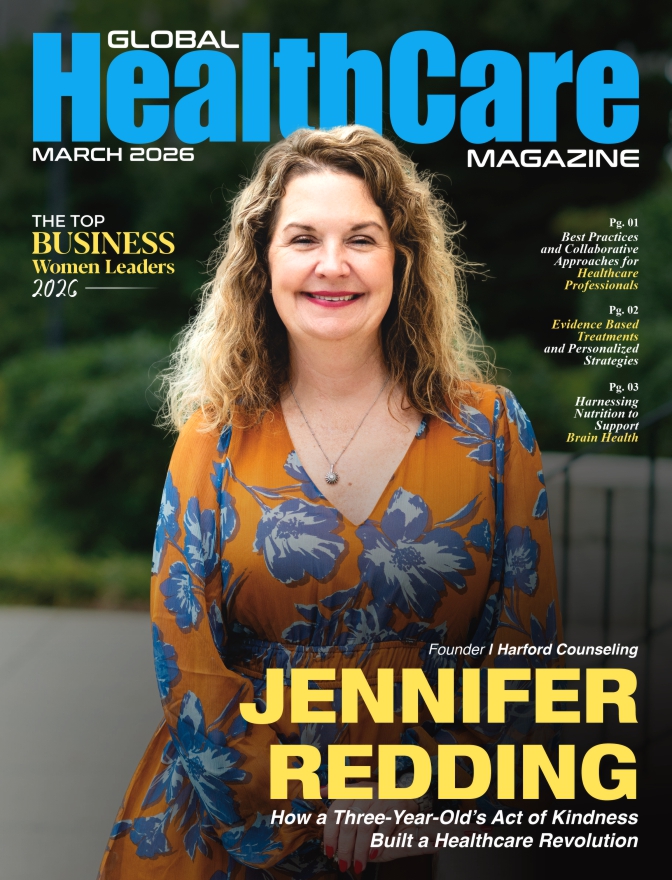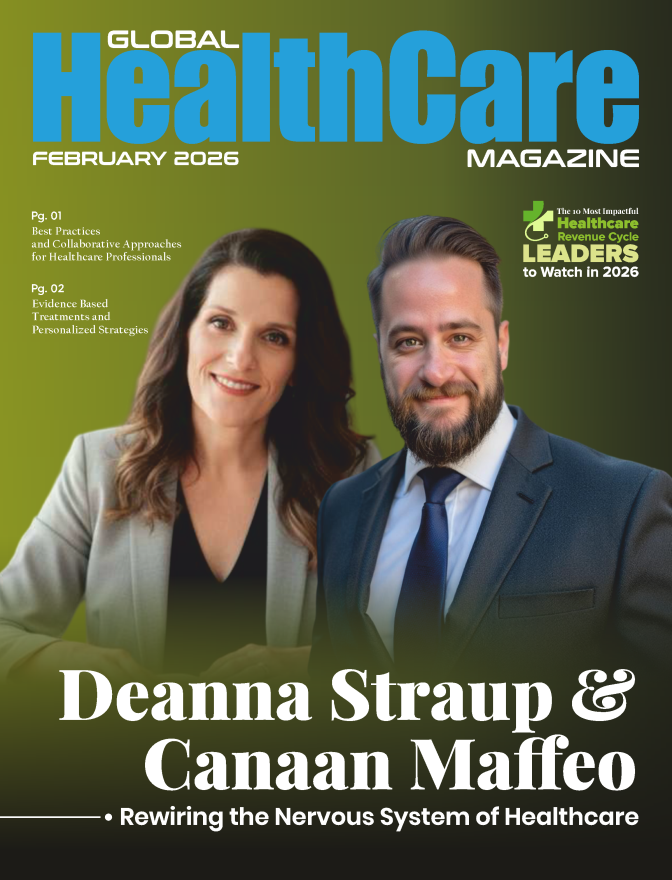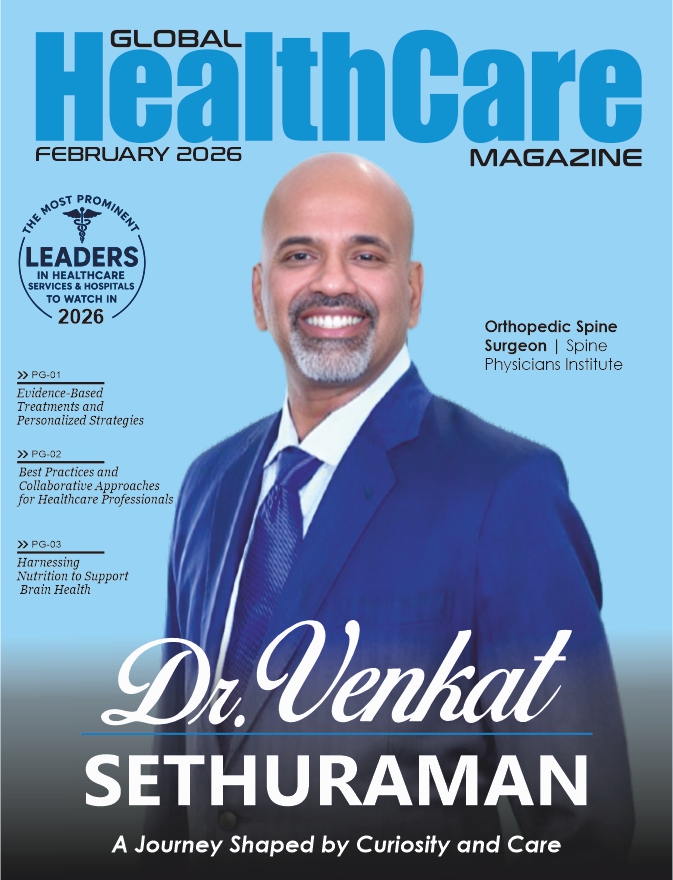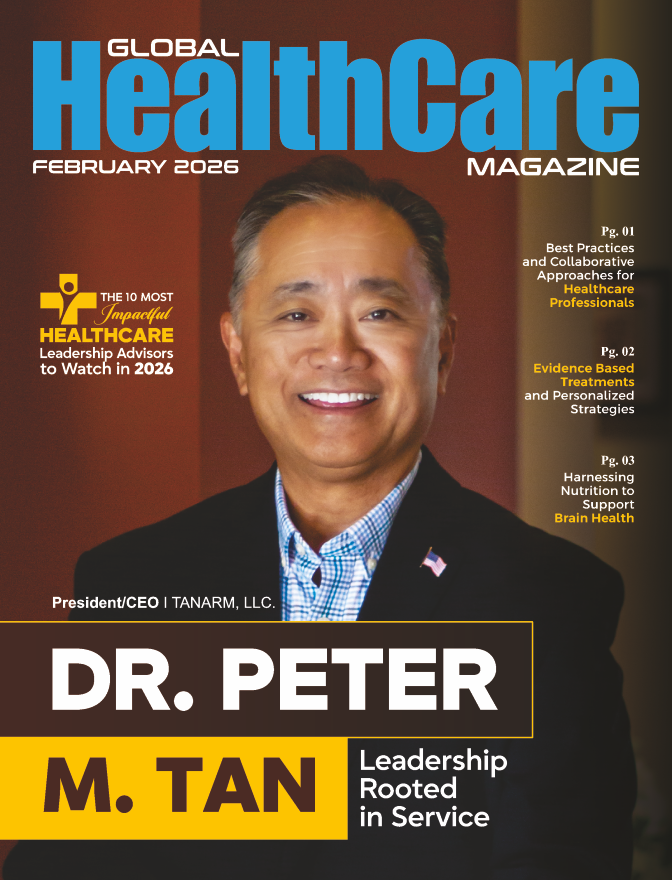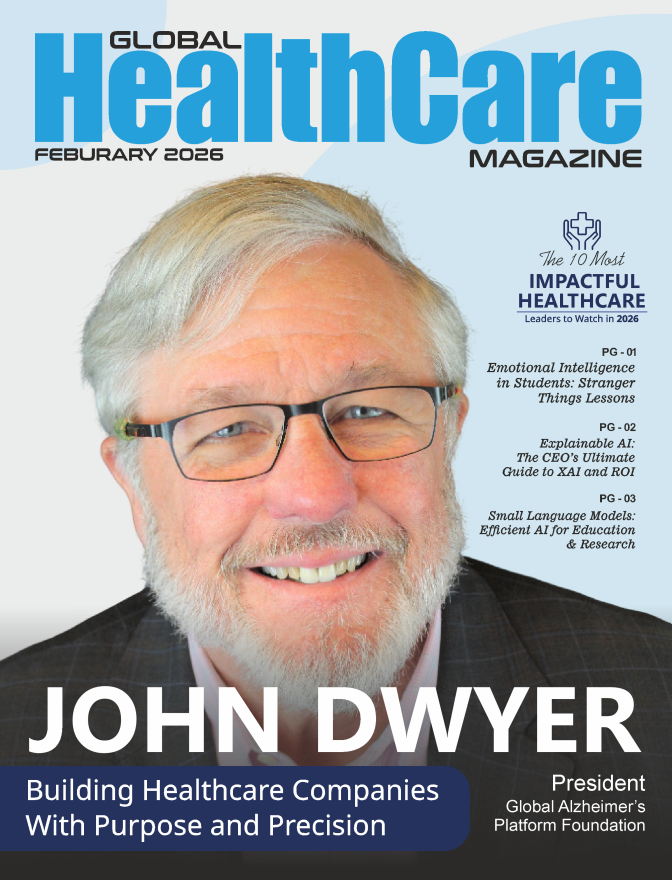There is a particular quality to the light in South Texas. It’s wide and generous, falling heavy on the limestone buildings of San Antonio and stretching long across the rolling scrub of the Hill Country. It’s a landscape that feels lived-in, authentic, a place with a memory. To understand the work of Dr. Joel Edionwe, you have to understand this place, because his story is inextricably woven into the fabric of it. He is a spine surgeon, a practitioner of one of medicine’s most intricate and demanding arts. But he is also, and perhaps just as importantly, a Texan, through and through. His journey to the vanguard of his field was not a flight to a distant, elite institution, but a deliberate pilgrimage across the varied landscapes of his home state. He learned its contours, its people, and its needs, and then he came home to San Antonio to serve it. His vision isn’t just about the next medical device; it’s about a kind of care that is as deeply rooted and steadfast as a Texas live oak.
The Lay of the Land
A surgeon’s philosophy is shaped long before they ever hold a scalpel. For Edionwe, it began to form in the Rio Grande Valley, a unique and vibrant border region, where he earned his undergraduate degree at The University of Texas-Pan American. The Valley has its own rhythm, a culture of resilience and community that permeates everything. It’s a place that teaches you about people. From there, his path led east, to the salt-laced air of Galveston and The University of Texas Medical Branch. Galveston is an island city that has stared down catastrophic hurricanes and always rebuilt, a testament to structural integrity and the stubborn will to endure—lessons that resonate deeply in the world of spinal care.
His real baptism into the craft, however, happened back in San Antonio, during a five-year orthopedic surgery residency at UT Health. A residency is a crucible, a period of profound transformation where knowledge becomes skill. For five years, San Antonio was his classroom and its people were his teachers. He wasn’t just learning how to read an MRI or place a pedicle screw; he was learning the city’s specific ailments, the particular ways its citizens strained their backs, the distinct patterns of work and life that lead to pain. He was becoming a local physician in the truest sense of the word, long before he was officially one. His education was a survey of Texas itself, a sprawling, immersive study in the humanity he would dedicate his career to healing.
Forged in the Plex
Every hero’s journey has a passage through the deep forest, a place of supreme challenge where they are tested and transformed. For an aspiring spine surgeon in Texas, that place is the Texas Back Institute. Located in Plano, amidst the gleaming corporate headquarters and relentless ambition of the Dallas-Fort Worth Metroplex, TBI is one of the world’s most renowned centers for spinal medicine. To earn a fellowship there is to be given a ticket to the absolute forefront of the field.
For one year, Edionwe was immersed in a world of staggering complexity. The cases that arrive at TBI are often the ones that have stumped everyone else—scoliosis that contorts a young body, degenerative conditions that have resisted all other treatments, traumatic injuries of devastating severity. It was here, under the mentorship of pioneers in the field, that his already formidable skill was honed to a razor’s edge. He became fluent in the latest technologies, the most innovative surgical approaches, and the complex research that pushes the boundaries of what is possible. He saw the future of spine surgery, a future of smaller incisions, faster recoveries, and better outcomes. The Metroplex forged him, sharpening his technical abilities and expanding his vision. He had reached the summit. From there, he could have gone anywhere.
The Return
The most telling decision in a person’s career is often not what they choose to pursue, but where they choose to do it. After a year at the pinnacle of the profession, with the credentials to open a practice in any major city in the country, Joel Edionwe came back. He returned to San Antonio, to the community he knew, the place where his journey as a physician had truly begun. He joined the South Texas Spine Clinic, a name that feels less like a brand and more like a declaration of belonging.
This choice is the key to his influence. It transformed his professional values—”excellence, compassion, and integrity,” as his biography states—from abstract ideals into a tangible practice. Excellence, for him, now meant making the world-class techniques he learned at TBI available to the people of South Texas. It meant that a rancher from Uvalde or a teacher from the San Antonio suburbs didn’t have to travel hundreds of miles to get the best possible care. Compassion meant more than a kindly bedside manner; it meant understanding, on a visceral level, what a restored spine means to his patients. It’s the ability to lift a bale of hay without a shooting pain, to sit through a church service comfortably, to pick up a grandchild. Integrity meant bringing that elite fellowship training home and putting it to work in the service of his community, building a practice based on trust and shared identity.
To sit in a room with Dr. Edionwe is to feel this connection. There is an ease in his communication, a lack of pretense that puts people at rest. He is not a visiting expert; he is a neighbor with a rare and valuable skill. This deep rooting in place is what makes him a visionary for the future of healthcare. In an age of medical consolidation and impersonal systems, he is proving that the most powerful model of care might just be the oldest one: a doctor who is, above all, a dedicated member of their community. His vision is not just for the spine, but for the soul of medicine itself.
Also Read: Neurocare Visionaries: The Most Influential Neuro-Spine Surgeons, 2025


